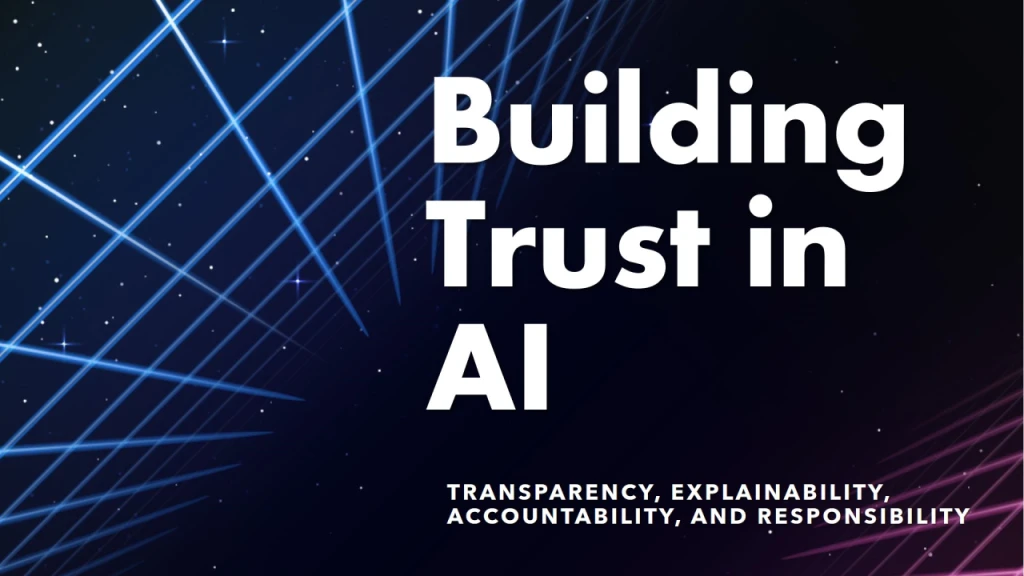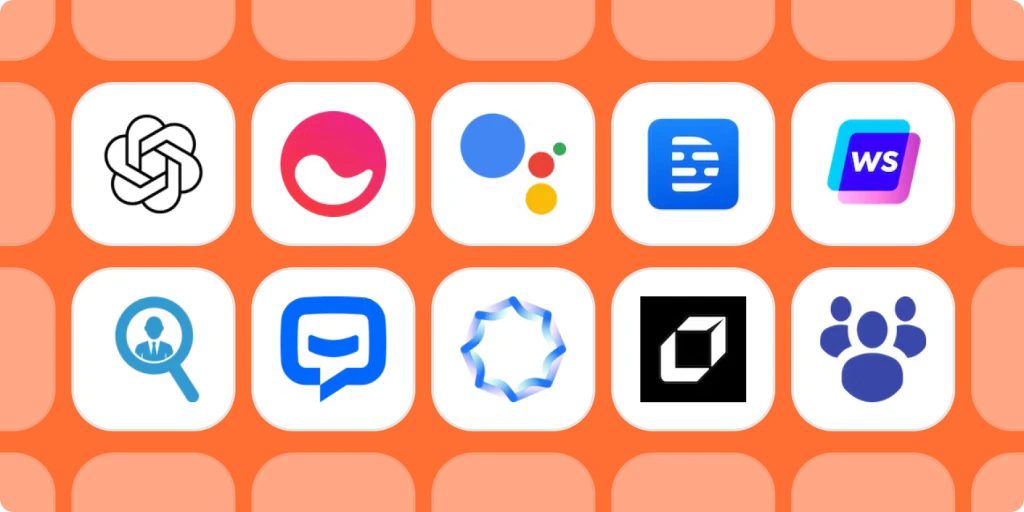Test AI on YOUR Website in 60 Seconds
See how our AI instantly analyzes your website and creates a personalized chatbot - without registration. Just enter your URL and watch it work!
The Rising Concern About AI Content Detection
The concern isn't unfounded. Google's history of algorithm updates has consistently prioritized quality, originality, and value to users. As AI writing tools become more prevalent, content creators worry that their AI-assisted work might be flagged, demoted in search rankings, or even penalized outright. Let's dive into what's actually happening beneath the surface and separate fact from fiction.
What Google Has Actually Said About AI Content
However, by late 2022, Google updated their guidance. They clarified that they don't categorically penalize AI content—instead, they evaluate content based on its quality and value, regardless of how it was produced. Danny Sullivan, Google's Search Liaison, emphasized that Google's focus remains on rewarding helpful, people-first content rather than penalizing specific production methods.
Google's current official position, stated in their helpful content system documentation, is this: "Our focus on the quality of content, rather than how content is produced, is a useful guide to always keep in mind."
This represents an important shift in perspective—the issue isn't whether AI helped create the content, but whether the content itself is valuable, accurate, and meets user needs.
How Google's Content Evaluation Systems Work
The Helpful Content System, launched in August 2022, evaluates whether content provides substantial value compared to other content in search results. It looks for signs that content was created primarily for search engines rather than humans.
Google's E-E-A-T principles (Experience, Expertise, Authoritativeness, and Trustworthiness) remain central to quality assessment. Content that demonstrates first-hand experience and genuine expertise tends to rank better.
Natural language processing algorithms can identify patterns in text that might indicate lower quality—including awkward phrasing, unusual word choices, or overly formulaic structure that might appear in some AI-generated content.
These systems don't explicitly target AI tools, but they do identify characteristics that might be more common in hastily-produced or low-effort AI content that wasn't properly reviewed or enhanced by human writers.
The Technical Reality: Can Algorithms Actually Detect AI Writing?
However, these detection methods have significant limitations:
They produce many false positives, often flagging human-written content as AI-generated.
They struggle with mixed content that combines AI and human writing.
They're easily fooled by simple edits like rephrasing or introducing intentional variations.
As AI models improve, the distinction between human and AI writing becomes increasingly blurry.
Google's John Mueller acknowledged this technical reality in a 2023 interview: "I think it's going to be a bit of a cat and mouse game... where sometimes people will be able to detect AI content, and sometimes they won't." This suggests that even Google recognizes the limitations of reliable AI content detection.
Real-World Evidence: How AI Content Actually Performs
Some websites using AI assistance report no significant ranking changes, while others have seen improvements when AI tools helped them produce more comprehensive content.
Sites that appear to have been negatively affected often share common characteristics: they publish high volumes of thin content with minimal human oversight or editing.
Well-edited AI content that receives significant human enhancement, fact-checking, and the addition of original insights or experience typically performs similarly to fully human-written content.
Several studies comparing ranking performance of AI versus human content show that the determining factor isn't who (or what) wrote the first draft, but rather the quality, accuracy, and value of the final published version.
Test AI on YOUR Website in 60 Seconds
See how our AI instantly analyzes your website and creates a personalized chatbot - without registration. Just enter your URL and watch it work!
The True Risk Factors for AI Content
Mass-producing content without adequate oversight or editing can create patterns that quality algorithms might identify as low-value.
Publishing directly without human review increases the likelihood of factual errors, outdated information, or generic content lacking real expertise.
Focusing on keyword optimization rather than answering user questions comprehensively often results in content that feels artificial.
Creating content in domains requiring specialized expertise without proper verification can lead to accuracy issues that sophisticated users (and eventually algorithms) will notice.
The common thread isn't AI usage itself but how that AI is employed—thoughtlessly or thoughtfully.
Best Practices for Using AI Writing Tools
Add genuine expertise and experience that only you can provide. Share original case studies, personal observations, or industry insights the AI couldn't know.
Fact-check thoroughly, especially for technical content, statistics, or rapidly evolving topics. AI tools can hallucinate convincing but false information.
Edit for voice and style to ensure the content aligns with your brand and doesn't sound generic. Introduce personal anecdotes and unique perspectives.
Focus on answering user questions comprehensively rather than just including keywords. Create genuinely helpful resources that address specific needs.
Use AI as a collaborative tool rather than a replacement—as an editor, idea generator, or first-draft assistant rather than the sole creator.
These practices help ensure that even AI-assisted content provides unique value that meets Google's quality standards.
The Future of AI Content and Search
AI detection technology will continue improving, but so will AI writing capabilities, maintaining the "cat and mouse" dynamic John Mueller described.
Google will likely refine its approach to evaluate content based on actual user value rather than production method, potentially using engagement metrics and user feedback.
The distinction between "AI content" and "human content" will become increasingly meaningless as most professional content involves some degree of AI assistance.
Content creators who thoughtfully combine AI efficiency with human expertise, experience, and oversight will likely gain competitive advantages in both production capacity and quality.
The most successful approach will be viewing AI as an amplifier of human creativity and expertise rather than a replacement for it.
Conclusion: It's About Quality, Not Technology
Writers and marketers who use AI tools thoughtfully as part of a quality-focused content strategy have little to fear. Those who exploit AI to mass-produce thin, derivative content without adding value face increasing challenges as search engines get better at identifying truly helpful material.
The future belongs not to those who avoid AI tools out of fear, nor to those who rely on them completely, but to those who skillfully combine technology's efficiency with the irreplaceable human elements of experience, expertise, and creativity. In the end, that's exactly what Google has always wanted to reward—content that genuinely helps people, regardless of how it comes to be.
What's your experience with AI content tools? Have you found effective ways to balance AI assistance with maintaining your unique voice and expertise? Share your thoughts in the comments below!





